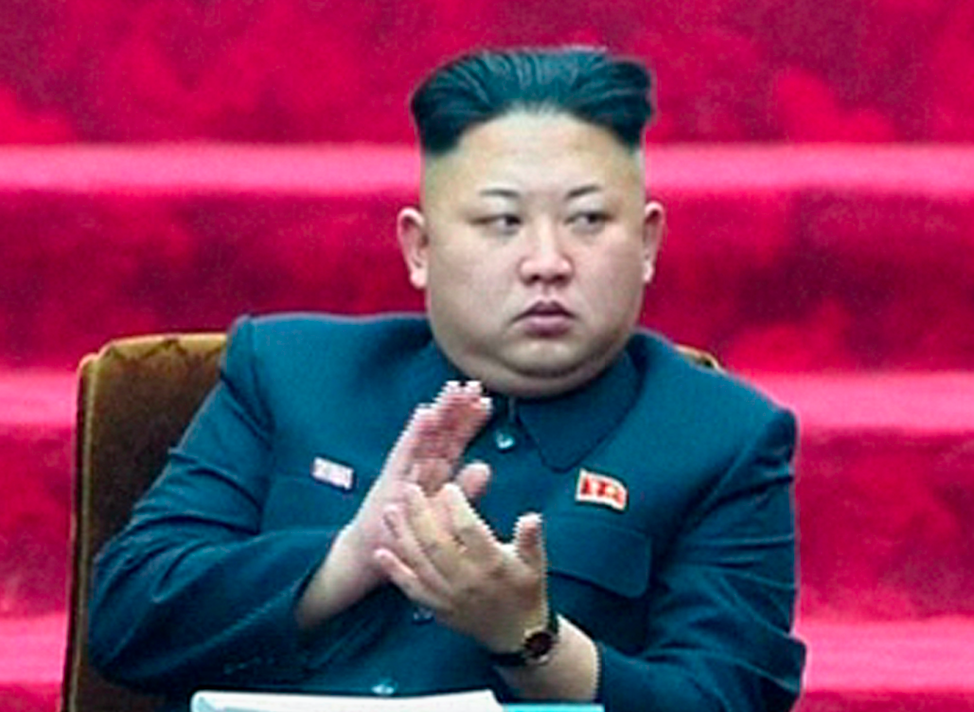North Korea’s economy experienced notable growth last year.
Others are reading now
North Korea’s economy experienced notable growth last year, with a real GDP increase of 3.1% compared to 2022, according to the Bank of Korea (South Korea’s central bank), as reported by Lenta.
Significant Turnaround
This marks a significant turnaround after three consecutive years of economic contraction. The Central Bank of South Korea reported that North Korea’s GDP had fallen by 4.5% in 2020, by 0.1% in 2021, and by 0.2% in 2022.
The economic growth in 2023 was largely driven by advancements in agriculture, industry, and construction, as well as improvements in the service sector. This upturn has been attributed to a more favorable environment for these sectors, which saw increased activity and output.
Also read
Agreements with Russia
North Korea’s foreign trade volume also saw a substantial rise, reaching $2.77 billion last year, compared to just $1.59 billion in 2022. Notably, the country’s exports doubled, increasing by 104% to $330 million, while imports grew by 71.3% to $2.44 billion.
Despite this growth in international trade, there were no recorded trade transactions between North and South Korea during the year.
In addition to these economic developments, there have been recent agreements between Russia and North Korea, particularly in agricultural trade.
The Russian agricultural authority, Rosselkhoznadzor, announced an agreement for North Korea to begin exporting apples to Russia, following bilateral discussions in June 2024. This move reflects North Korea’s increasing engagement in international markets and its efforts to diversify its export products.

